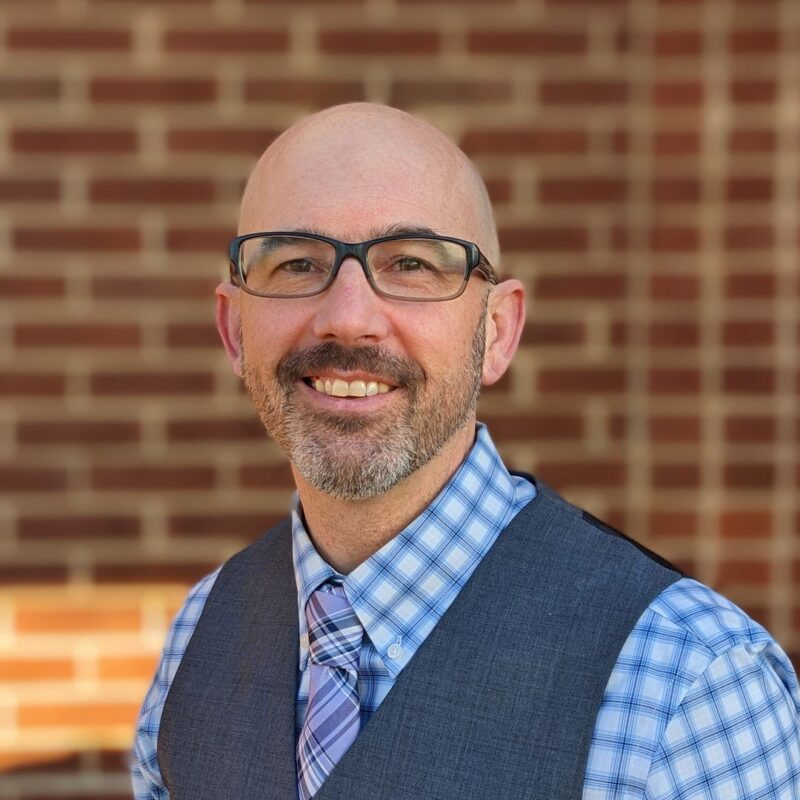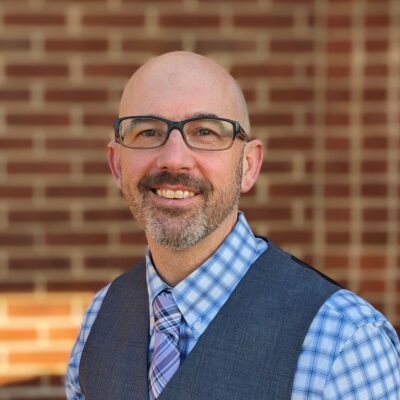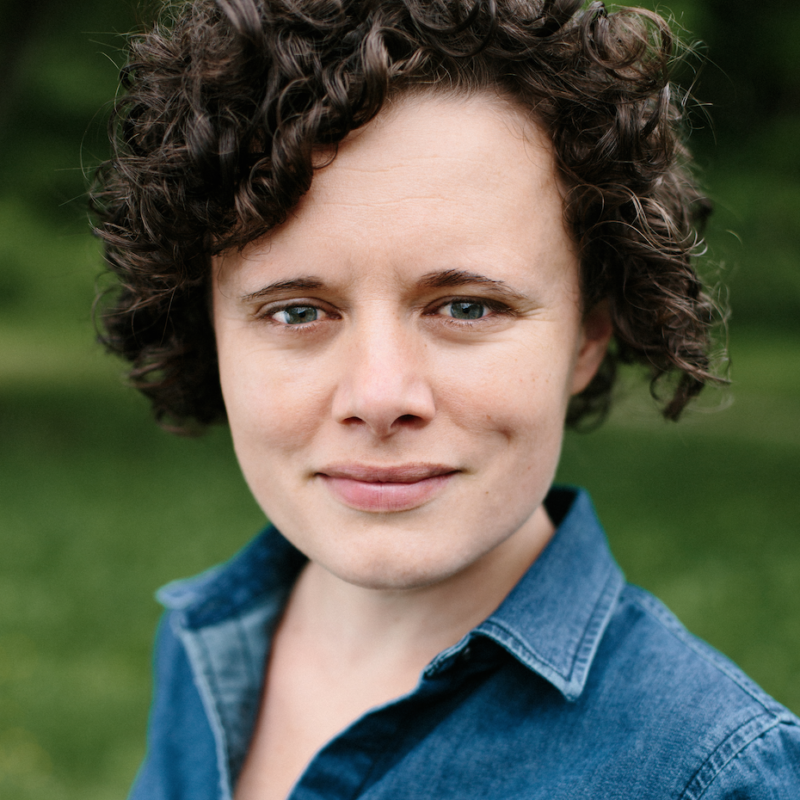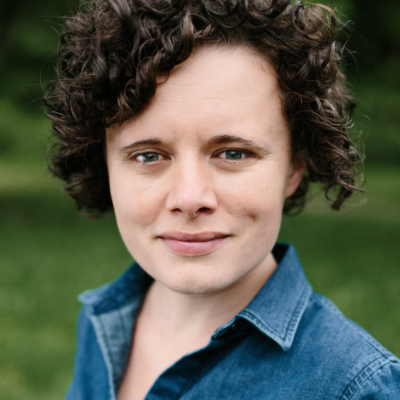If you’re poor or just want to help, there are a number of groups actively providing services that will help you or could use some assistance themselves. Most of them are desperate for volunteers and donations. In addition to the resources listed below, please see http://www.avenue.org/tjach for an extensive list of all those aiding the poor.
 Monticello Area Community Action Agency “was created not to serve people in poverty, but to help eliminate poverty and help get people self-sufficient,” says the group’s development and public relations director, Connie Jorgenson. |
Charlottesville Soup Kitchens operate five days week at rotational locations around the Downtown Mall from noon to 1pm daily. They are open to the public and free of charge. Lunch sites are as follows:
– Monday—First United Methodist Church,
101 E. Jefferson St.
– Tuesday—Christ Episcopal Church,
103 W. Jefferson St.
– Wednesday—First Presbyterian,
500 Park St.
– Thursday—Holy Comforter,
208 E Jefferson St.
– Friday—First Christian Church,
112 W Market St.
In addition, breakfast and evening meals are served 365 days a year at The Salvation Army, located right off the Mall on Ridge Street. “The first part of our mission here at The Salvation Army is to give service to the poor in the name of Jesus Christ,” says Major Bruce Smith. “What we do is an outgrowth of our faith.” As a result, the Army tries to provide all sorts of succor to those who need it. “Number one, we try to help people who are in need of the basics, like food, clothing and shelter,” says Major Smith. “We have a food pantry and we do types of financial assistance to help people who are poor and going through emergencies.” In 2006, more than 63,000 hot meals were served, more than 24,000 walk-in emergency cases were handled through their Social Service office, and more than 37,000 prescription orders were placed.
The Army also runs an emergency shelter for single individuals and families. “We have 59 beds available, and it’s for people who find themselves homeless with absolutely no place else to go,” Smith says. They also have a child care center on site for the kids of those staying at the shelter. The adults, meanwhile, receive a number of services. “We try to help them work out a plan so that they will not have to remain homeless, get them out of the situation they’re in, and to eventually live independently,” says Smith. “We try to help them find work, or if they need any kind of preparation get them that preparation so they can be employed. And some of our folks are working on emotional issues and they need to deal with their emotional issues and medical issues and those kinds of things.” Yet, like most groups working with the poor, the Army is limited by funds and bodies. “We constantly need volunteers,” says Smith.
One of those who helps the Army is Rhonda Miska, the social justice minister and Hispanic minister for the Church of the Incarnacion. “We have a group that goes to The Salvation Army to serve dinners there,” says Miska. “We also host PACEM two or three weeks a year, we have food drives at different parts of the year and we do Christmas gift collection for children whose parents are incarcerated.”
Despite these efforts, Miska seems most excited by her involvement with IMPACT (an acronym for the Interfaith Movement Promoting Action by Congregations Together), a congregation-based community organization that she sits on the board of.
Officially created last fall, IMPACT sponsored a forum on March 15 of this year that filled the MLK Performing Arts Center with an overcapacity crowd of 1,600. “We got a lot of people to come out from a variety of faith traditions, black, white, and Hispanic, and Catholic, Protestant, Jewish, Muslim and Unitarian,” she recalls, “and from the city and county and just say we all want to see these changes made for our community to be improved.” The focus of the forum was on improving affordable housing and public transportation, and the result of the turnout was a new bus route which goes down Fifth Street Extended to serve the Albemarle County Office Building and the Southwood mobile home park. The city also ended up pledging over $1 million to affordable housing.
Unlike many of the groups that help the poor, IMPACT is more focused on the actual eradication of poverty. “We’re not a direct service organization, we’re not meeting people’s needs in a crisis, we’re not giving out food, or clothing or shelter or anything. We’re trying to look at the root problems that lead to situations where people are in need of charity,” says Miska. “So what we’re working for is justice and systemic change.”
Along those same lines—although secular—is the Monticello Area Community Action Agency (MACAA). “MACAA was created not to serve people in poverty, but to help eliminate poverty and help get people self-sufficient,” says Connie Jorgenson, the group’s development and public relations director. To do so, MACAA has come up with a number of inventive ways to attack poverty. One of those is the Head Start program started in 1966. The largest of MACAA’s programs, Head Start is a pre-school program for children ages 3 and 4 and their low-income families. From the neediest of families, all children enrolled receive developmental, health and dental screening, and daily USDA-approved meals and snacks.
In addition, a Family Service Worker is assigned to each child to provide case management services to the families. Parents develop Family Partnership Agreements and are involved in Head Start through volunteering and parenting classes.
Then there is the “Poverty Diet” experience, a three-day event designed to expose people to the realities of living on food stamps. For three full days local residents are asked to eat and drink on $2.83 per day—the food stamp benefit for one person. MACAA also co-sponsors the Community Dental Program, which utilizes participating area dentists to provide nonemergency, restorative dental care to low-income adults who have no dental insurance.
Lastly, for children about to enter adulthood, Piedmont Virginia Community College offers Career Pathways. “Tailored specifically for high school students, Career Pathways are a planned sequence of specific secondary (high school) courses leading to postsecondary (college) education, training and employment,” their website informs. “Career Pathways enable students to start their college career while in high school. By successfully completing articulated or dual enrollment courses, students will receive credit for course work at Piedmont Virginia Community College while completing the courses in high school.” Furthermore, the courses are free.
“They’ve had great success with that,” says outgoing city Councilor Kevin Lynch, a fan of the program. “It’s not something that you need to be a rocket scientist to do, but you do have to have a good work ethic. It’s the sort of thing anyone can get with some patience and some perseverance.”
For Lynch, the program is a great example of where more effort needs to be placed. “Where we need to focus is the intersection between high school graduation and entering the workforce,” he says. “We should put more attention on that point in time and work forwards and work backwards. Working forward, we want people graduating and if they choose not to go to college we want them being able to step into a good-quality, career-ladder job. In order to make that transition forward, we need to take high school and work back which means particularly at the ninth grade level.” According to Lynch,
25 percent of the city’s students get left back and repeat a year in the ninth grade. “That’s where we have our greatest amount of dropouts,” the city councilor bemoans. “They don’t see the opportunity.”





